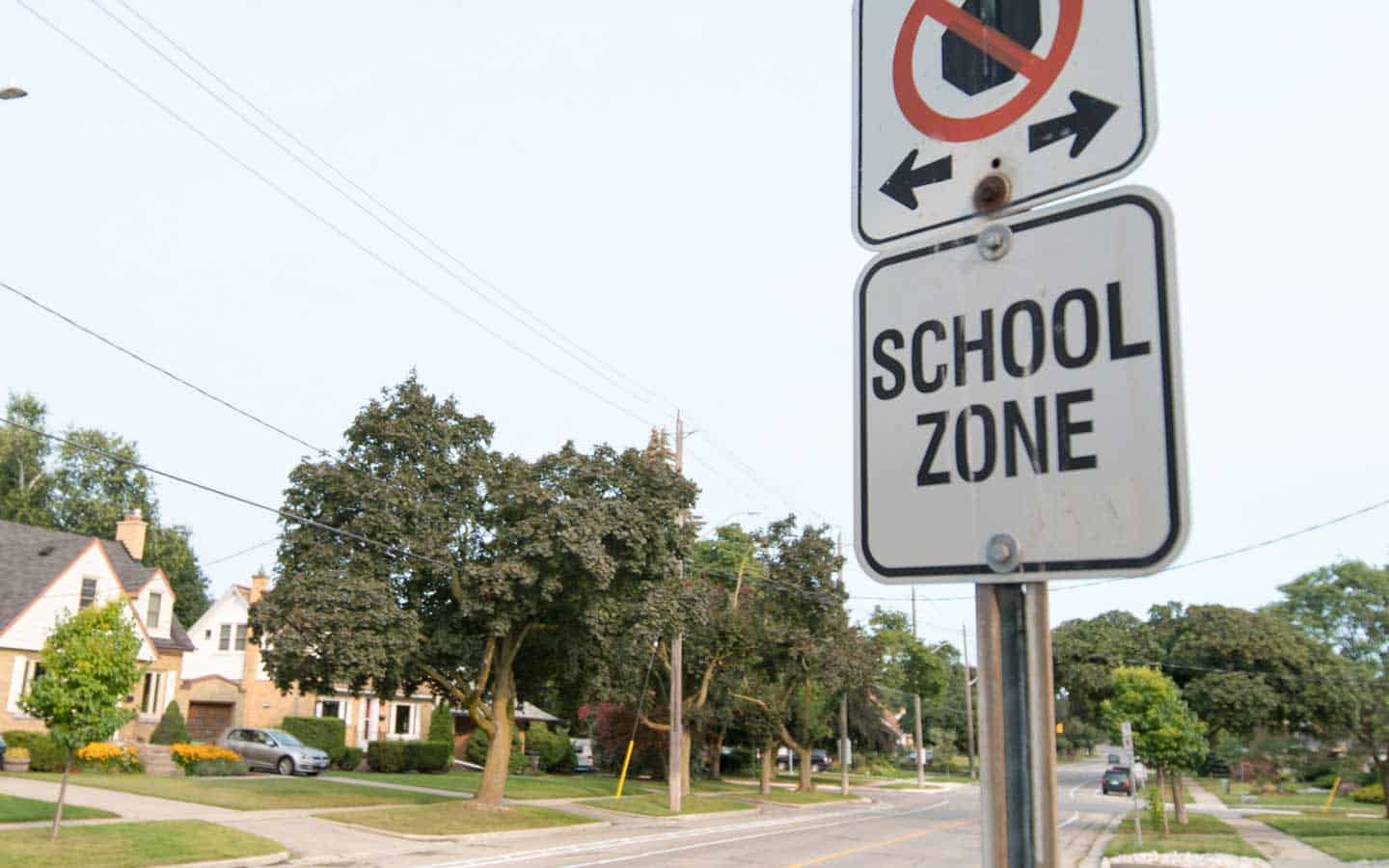Money currently spent on a police presence in Waterloo Region schools may be reallocated to mental-health resources for students, for instance, in the wake of the anti-racism movements that have erupted since last month.
Meeting online Monday evening, Waterloo Region District School Board trustees put on hold the school resource officer (SRO) program under which regional police provide constables who act as liaisons with schools and students. The pause will continue until a full review is carried out, likely in the fall.
The decision followed a call to defund police by groups such as the African, Caribbean and Black Network of Waterloo Region.
Director of education John Bryant began the conference by updating the trustees and online viewers, saying,
“We would like to bring forth a commitment … we really do have to listen and to learn and understand what our families and students have experienced, said director of education John Bryant in starting this week’s special meeting of the board.
Deepa Ahluwalia, human rights and equity advisor for WDRSB, reported that the ACB Network have expressed four concerns about the SRO program: the safety of students, the role of police in schools, criminalization of student behaviour, and diversion of funds for student well being and mental health to police.
Ahluwalia acts as a ‘bridge’ between community members and the school board. With the killing of George Floyd, an unarmed black man in Minneapolis three weeks ago, she said, protests and riots in favour of the Black Lives Matter movement have placed our generation into a civil rights movement comparable to what emerged from the 1960s.
Some students have reported to the ACB Network that they feel unsafe with police in their schools. A student’s report explained that when she was going through a mental health crisis, it was uncomfortable to have an armed police officer next to her in a time of distress.
As well, she said, the community feels having police in schools encourages fear of punishment as a motivation for good behaviour. Concerns include school staff calling the SRO for situations that did not warrant police assistance.
Thirdly, without proper training, there is a concern that there will be anti-black behaviour among officers. The community has raised questions about the training these officers have in preparation for working among racialized students. Fears about a school-to-prison pipeline have manifested through the collection of data on reports of suspension to expulsion from school boards in the surrounding areas.
The board, however, says it does not collect such information.
Those she’s talked to in the community, said Ahluwalia, argue money that goes into the SRO program should be redistributed to mental health resources for students. The ACB Network believes that if society were more proactive in their funding resources and prioritized up-street prevention, police surveillance would be lowered.
“We know anti-black racism exists operating in education because of the outcomes we see for black students in the province. This includes a disproportionate number of members ACB being streamed into lower academic paths, higher expulsion and suspension rate, and lower rates of involvement in school leadership opportunities,” said Ahluwaila.
The goal of the ACB community is not to simply dismantle the police force but to work to create education about systemic anti-black racism and to create the next steps in policing.
The Waterloo Regional Police Service’s school resource officer program consists of 10 constables assigned to high schools and elementary schools in the region with the intent of developing a positive relationship between youth and police, reduce youth victimization and partner with school staff to address student, family and school issues.









